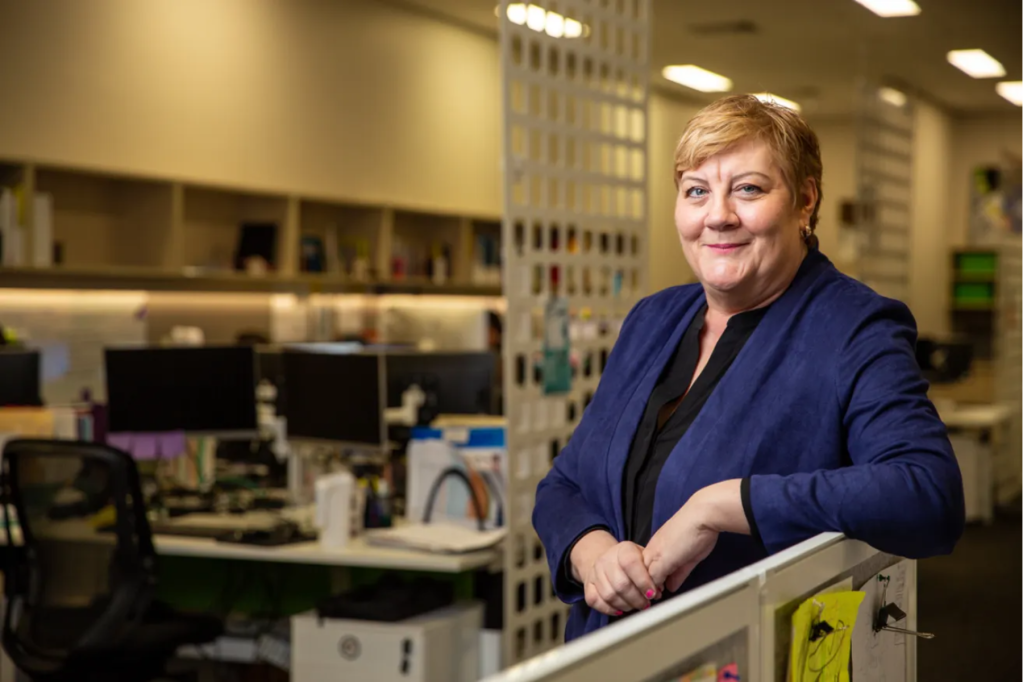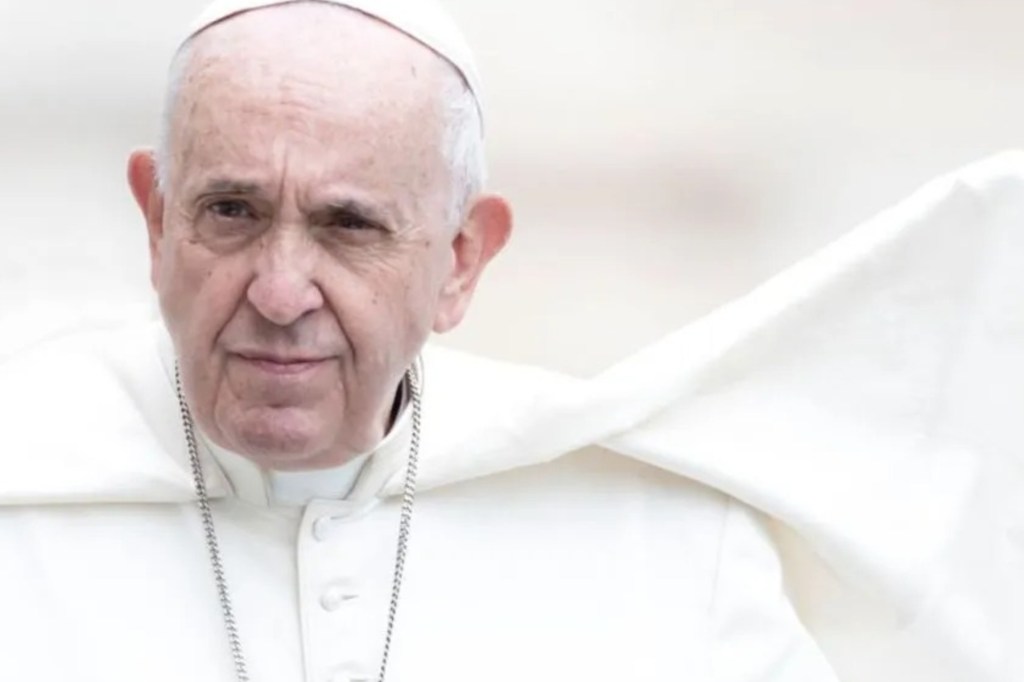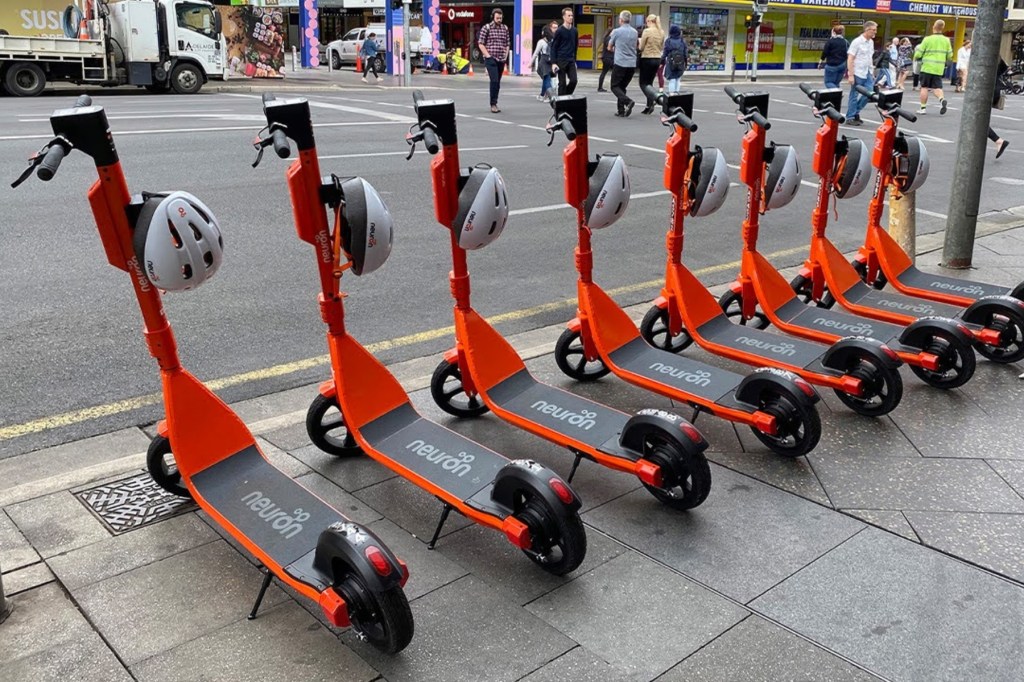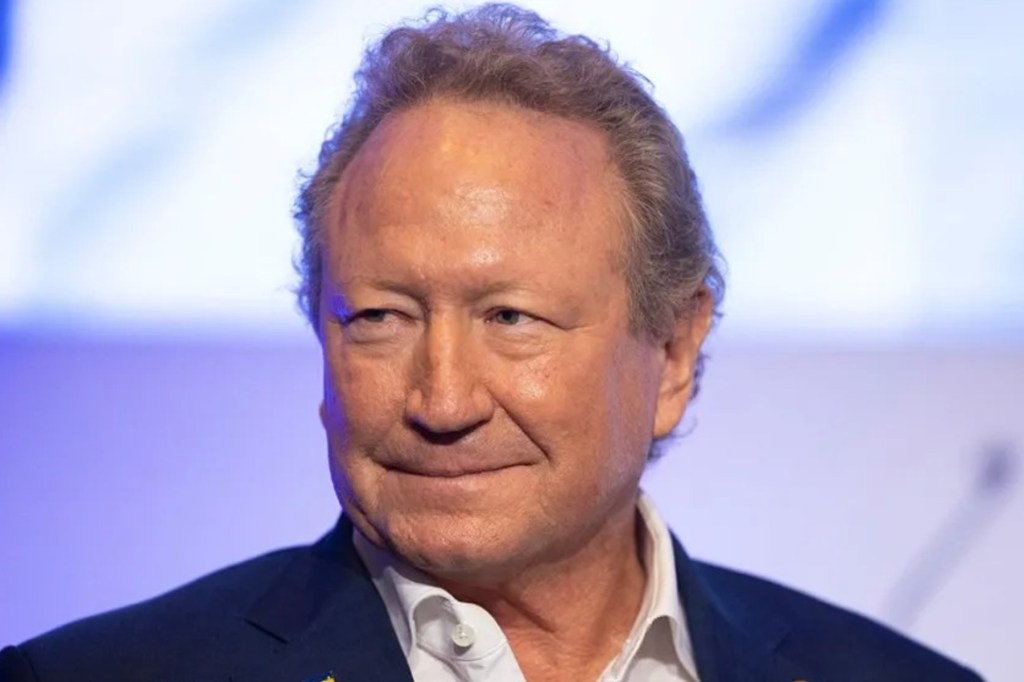Suspensions and bullying up in SA schools
Students with disabilities and Aboriginal children are still over-represented in exclusions from education according to a report released today by the Commissioner for Children and Young People, amid a rise in suspensions and bullying.

Data outlined in the report showed an increase in the number of suspensions, exclusions and expulsions in government primary schools from 2022 to 2023, with a total of 5908 students affected.
The annual Keeping Our Promises report from commissioner Helen Connolly assesses the state’s progress across areas of education and support for young people.
The Commissioner assessed 18 promises made by the government across areas of children’s health, education, wellbeing, safety and citizenship, finding seven of the promises showed little evidence of progress – including “Promise #1: Reduce Exclusionary Discipline”.
Education Department data showed that 20.6 per cent of enrolled students impacted by exclusions from education in 2023 were Aboriginal students, despite making up only 7.4 per cent of total student enrolments.
Students with a disability were also overrepresented, comprising 27.8 per cent of exclusions despite representing 7.5 per cent of total enrolments.

Today’s report assessed 18 promises made by the government, and how they are progressing. Photo: Unsplash
Connolly told InDaily while the education system was “doing a lot in terms of inclusion and support reform areas”, the size of the system meant reforms were not yet widely felt.
You might like
“We’ve got some great thought leadership happening, we’ve got some great policies being written, but there is such a time lag between what needs to happen and then implementing on the ground,” she said.
“I think the system already knows the strategies that work, but the challenge is how do you put them into practice with all of the other demands that are being placed on teachers and schools.”
In the report, Connolly recommended an independent body be founded to monitor and review exclusions.
“When it comes to parents complaining, or challenging the kind of things that have happened to their children in school, they’re talking to the system that’s done it,” she said.
“Essentially it’s about the Education Department marking its own homework.”
Connolly said the independent mechanism could assess the decisions made by individual schools, and whether all alternative options had been considered prior to an exclusion.
“It’s about fairness and justice, and having someone independent to look at the whole situation, not the end of the decision… but what was all the things that lead to the fact.
“A lot of people don’t have the energy to fight a system, so we end up with people saying it’s just too hard… it’s probably best that we just move on and start again at another school.”
Stay informed, daily

Helen Connolly said she did not believe any young children should be excluded from education. File photo: AAP
The report also said that one-third of all students in South Australia involved in forms of exclusion were in Reception to Year Two.
“I’m just not sure it sets up any child for a good relationship with education if in the first two years the system has already told them that they don’t really belong,” Connolly said, adding that no primary school child should be excluded from education.
“What that’s telling the child is that in a whole system of adults… their behaviour is too much for a whole school to handle,” she said.
“I just don’t think that’s the message we want to be sending our children, because their behaviour is telling us that they’re hurting.”
The report also pointed to a 2023 Wellbeing and Engagement Collection Survey, which showed a jump in all forms of bullying from 2022, though the numbers were down from a 2020 peak.
Over 30 per cent of students experienced physical bullying on a monthly or weekly basis, with 49 per cent experiencing verbal bullying and 23 per cent experiencing cyberbullying.
Connolly said she was not shocked by the figures and the government should not be either.
“They know this is happening… the department launched a response to the violence in schools, [and] the mobile phone ban, I think these are all elements of what the department is trying to do to address bullying behaviour.
“But again, there’s a lag in terms of how these measures actually have effect.”
Connolly said she had heard from students that they “don’t feel that action is taken for the everyday little things that eventually build up to something bigger”.
“The everyday slurs, whether it be about your appearance, about your ethnicity, about your family situation, about your intelligence. These are the things that start in primary school and for some kids, are just their whole life during school experience.”








